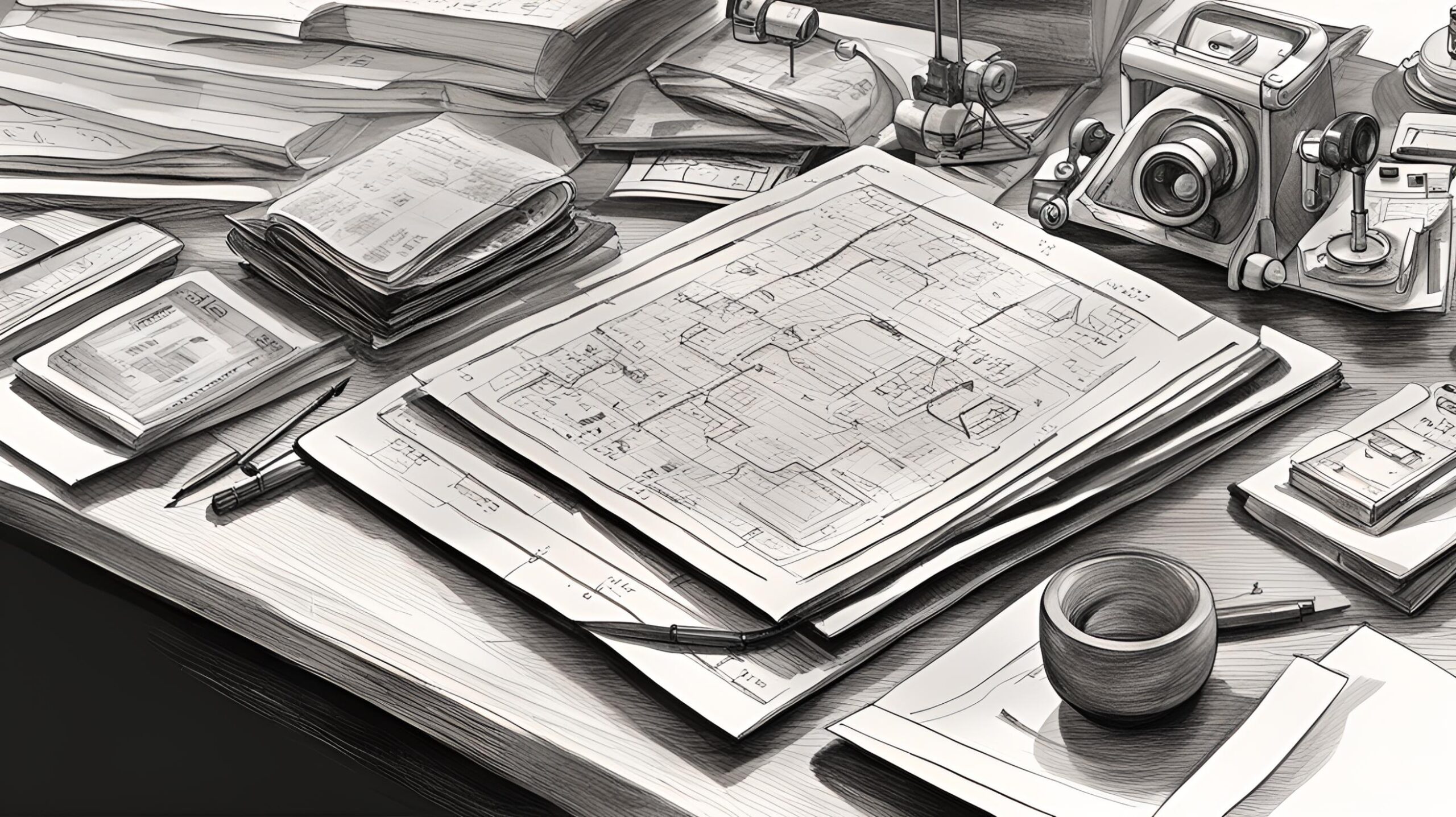Flashback to January 3
The Japanese Meiji dynasty is restored and the Shogunate is abolished – a significant event that took place on January 3, 1868. This event marked a turning point in Japanese history, as it led to major political and societal transformations that shaped the country into what it is today. In this article, we will explore the restoration of the Meiji dynasty, the abolishment of the Shogunate, and the impact it had on Japan.
During the Edo period (1603-1868), Japan was under the rule of the Tokugawa Shogunate. The shoguns held the real power, while the emperor, although still revered, had mainly a ceremonial role. However, by the mid-19th century, Japan was facing challenges from foreign powers, particularly Western countries. The arrival of Commodore Matthew Perry’s fleet in 1853 and the ensuing unequal treaties forced Japan to open its ports to foreign trade.
These events raised questions about the future direction of Japan. Some samurai clans were dissatisfied with the shogunate’s inability to defend and modernize the country. They advocated for a restoration of power to the emperor and the end of the shogunate.
On January 3, 1868, a group of pro-imperial samurai launched a coup against the shogunate in Kyoto, the imperial capital. This marked the beginning of what became known as the Meiji Restoration. The young Emperor Meiji was seen as a symbol of national unity and a return to traditional values. The Meiji Restoration aimed to modernize Japan and strengthen it in the face of foreign threats.
The restoration of the Meiji dynasty and the abolishment of the shogunate signaled a shift in power from the shoguns to the emperor. The new government swiftly implemented policies to modernize Japan and catch up with the Western powers. This included the adoption of a constitution, the establishment of a modern bureaucracy, and the introduction of Western technologies and systems.
One of the key reforms was the implementation of a centralized government. The power of the regional daimyo, who were essentially feudal lords, was significantly reduced. Their lands were confiscated, and a system of prefectures was established, creating a more unified and centralized governance structure.
The restoration of the Meiji dynasty also had profound cultural and societal implications. The emperor, who had been largely symbolic, gained more power and influence. The restoration of imperial authority brought a sense of unity and nationalism to Japan.
Furthermore, the Meiji Restoration led to the rapid modernization of Japan’s industries and military. The government invested heavily in developing infrastructure, encouraging foreign trade, and fostering industrialization. Western technologies, education, and military strategies were adopted to strengthen the country’s capabilities.
The Meiji Restoration had a lasting impact on Japan’s place in the world. By the early 20th century, Japan had transformed from a feudal society into a modern industrialized nation. It became one of the major powers in East Asia and embarked on a program of imperial expansion, culminating in its involvement in World War II.
the restoration of the Meiji dynasty and the abolishment of the Shogunate on January 3, 1868, marked a crucial turning point in Japanese history. It set the stage for Japan’s rapid modernization and transformation into a major world power. The Meiji Restoration’s policies and reforms have shaped the country’s political, social, and economic landscape to this day.
We strive for accuracy. If you see something that doesn't look right, click here to contact us!
Sponsored Content

First patent list issued…
On January 3, 1872,…

Israel launches a ground…
In a significant development,…
Saint Anterus ends his…
On January 3, 236,…
Duke Alberik II of…
On January 3, 936,…
Peder Palladus Danish church…
On January 3, 1560,…
Tax revolt in Haarlem…
Discover the historic tax…

